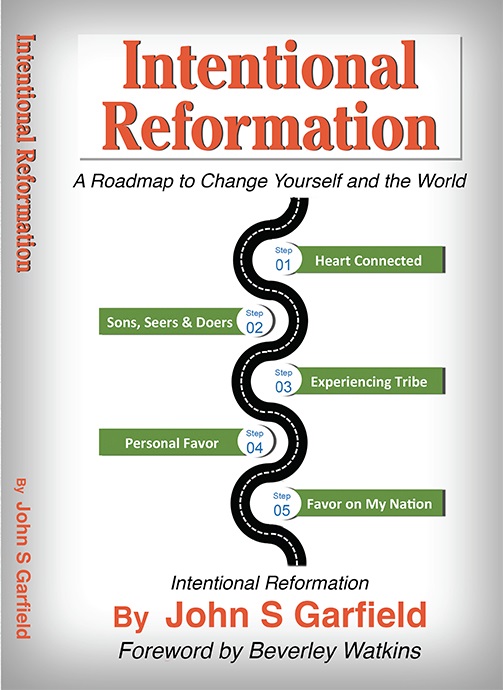Systematic Theology – Sound doctrine is no more or less that a correct understanding of God that allows us to naturally gravitate toward his will and Favor. Over time we’ve seen mainstream Christianity reject various streams over theological issues. We threw the baby out with the bath water in some cases. Here are a couple of examples:
The Social Gospel – (Wikipedia.org) is a Protestant Christian intellectual movement that was most prominent in the late 19th century and early 20th century. The movement applied Christian principles to social problems, especially poverty, inequality, liquor, crime, racial tensions, slums, bad hygiene, poor schools, and the danger of war. Theologically, the Social Gospel leaders were overwhelmingly post-millennialist. That is because they believed the Second Coming could not happen until humankind rid itself of social evils by human effort. For the most part, they rejected premillennialist theology, according to which the Second Coming of Christ was imminent, and Christians should devote their energies to preparing for it rather than addressing the issue of social evils. Social Gospel leaders were predominantly liberal politically and theologically.
Why we threw it out – As young believer 30 years ago, I can still remember categorizing these folks as having a form of Godliness but denying the power (2Tim 3:5). Although it addresses various categories of society (analogous to the 7 Mountains terminology now popular), It was plagued by a liberal, intellectual approach that repulsed anyone that had seen spiritual gifts in operation. It’s also interesting that most of the spirit-led camp was pretty busy with rapture theology… preparing to be part of the remnant and keeping the church holy. (A few decades of introverted church programs, splits, and boredom have taken the rapture edge off those folks – forgive the humor! I was one of them!)
Prosperity theology – (Wikipedia.og) is the teaching that authentic religious belief and behavior will result in material prosperity for the believer. That is, the doctrine holds that material prosperity, particularly financial prosperity and success in business and personal life, is to be expected as external evidence of God’s favor. This favor may be preordained, or granted in return for efficacious prayer, merit-making and/or appropriate faith.
Why we threw it out – Prosperity theology was repulsive to the mainstream because it has been directed more accumulating personal possessions (watches, Mercedes, boats, and motorcycles) than expanding the Kingdom and reaching the lost.
Sound Doctrine – is really in the middle. “Rapture” is not a predominant theme of scripture. Yes, there may be one – but in terms of big events our hearts are focused on doing the work here and now. Jesus will return, but His heart is yearning for a bride that will fill the earth with His glory and goodness. Similar to one aspect of the social gospel, we should be touching every part of the marketplace – all seven mountains (religion, family, education, media, arts & entertainment, government, and business). It’s really nothing more than new language for the great commission… we’re going into all the earth.
Should I be prosperous? – Let’s define our terms. Prosperity is not a Mercedes, nor an external measure of your spiritual maturity. Not everyone needs or wants wealth and that’s OK. What if we define prosperity as sufficient abundance of finances for you to do the will of God? We’re not requiring everyone to be a King. But if you want to join the party, we’ll show you how.
Here’s a sad reality; the same folks that rail against prosperity make all kinds of decisions based simply on the lack of finances – regardless of what they may think God’s will is. God wants your spiritual and financial cup to run over so that you can minister to others… starting with your own family. We break the cycle of poverty at home first. Listen to what God has to say on the topic.
If anyone does not provide for his relatives, and especially for his immediate family, he has denied the faith and is worse than an unbeliever. 1 Tim 5:8 NIV
After all, children should not have to save up for their parents, but parents for their children. 2 Cor 12:14 NIV
A good man leaves an inheritance for his children’s children… Prov 13:22 NIV
Misfortune pursues the sinner, but prosperity is the reward of the righteous. 22 A good man leaves an inheritance for his children’s children Prov 13:21-22
I’ve said “yes Lord” to enough prosperity to do the whole will of God. How about you?


